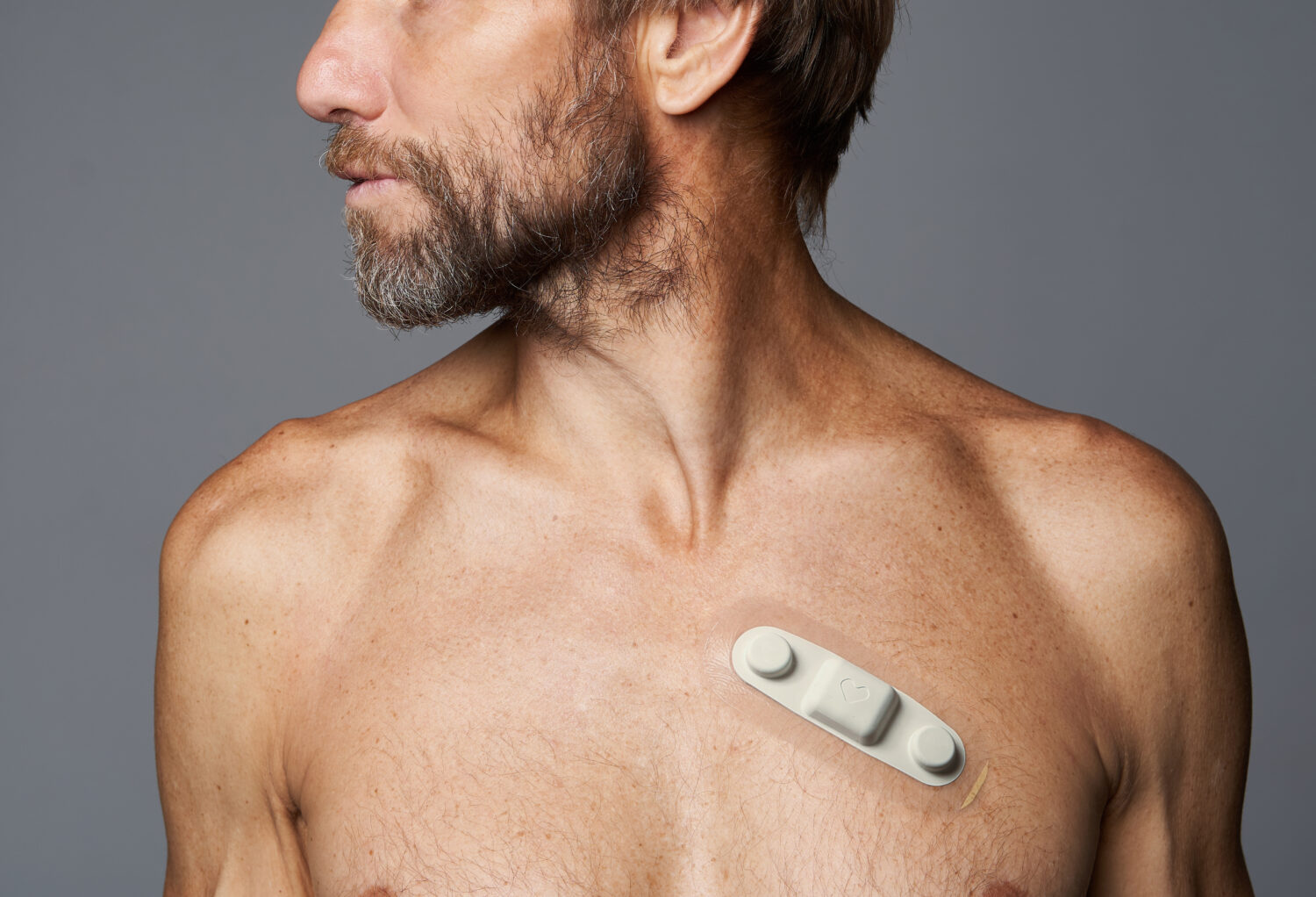Digital Health
COVID-19 Pandemic Boosted RPM Adoption in Cardiac Rehab
What You Should Know: – The pandemic forced many cardiac rehab clinics to limit and sometimes terminate in-person rehab, leaving Vivalink – a leading…


What You Should Know:
– The pandemic forced many cardiac rehab clinics to limit and sometimes terminate in-person rehab, leaving Vivalink – a leading provider of digital healthcare solutions – with questions: How did they conduct at-home rehab? Did it work well for them? What were some of the barriers to implementation?
– Vivalink has announced a new study of cardiac rehabilitation clinicians that reveals the current landscape of remote patient monitoring technology (RPM) in their field, with some pretty incredible results, including:
– 65% of cardiac rehab clinicians started using RPM within the last 1-2 years
– Over two-thirds (70%) of respondents estimated that the majority of their cardiac rehabilitation care is conducted remotely
Increased Adoption of Remote Patient Monitoring in Cardiac Rehab
Vivalink, a provider of digital healthcare solutions, today announces the results of its survey of cardiac rehabilitation clinicians and their insights into the current landscape of remote patient monitoring (RPM). As seen in other areas of healthcare where the pandemic drove RPM adoption, the survey identified a rapid increase in RPM adoption in cardiac rehab since the beginning of the COVID-19 pandemic, with 65% of respondents having started using the technology within the last two years. The survey outlines not only the increase in adoption, but the benefits that cardiac rehab providers are realizing two years into implementing, including how remote care is maintaining access to rehab treatment for vulnerable patients.
The survey reveals that over two thirds (70%) of respondents estimated that the majority of their cardiac rehabilitation care is conducted remotely—48% saying half of the time and 22% saying all or nearly all of the time. Survey respondents included a wide array of cardiac rehab clinicians, including doctors, Nurse Practitioners, Physician Associates, Registered Nurses, Licensed Practical Nurses, and Certified Nursing Assistants.
The most widely used RPM technologies cited by respondents were the Holter monitor (42%), a wearable ECG patch (40%), blood pressure monitor (45%) and an ECG wrist monitor (42%). According to survey respondents, RPM is used in cases including post-myocardial infarction, post-percutaneous coronary intervention and heart failure management, among others.
In addition to the focus on RPM adoption and types of care, the survey also identified the biggest barriers to RPM in cardiac rehab. Respondents noted insurance coverage issues and cost as the biggest challenges to implementation, at 52% and 40% respectively. The survey also identified the benefits of using RPM as observed by cardiac rehab clinicians, including:
1. Ability to identify previously unknown conditions (59%)
2. Real-time monitoring for high risk patients (47%)
3. Reducing in-person visits (31%)
“This survey produced valuable feedback surrounding the landscape of RPM adoption specific to the cardiac rehab space,” said Jiang Li, CEO at Vivalink. “As expected, the use of RPM has rapidly increased since the start of the Covid-19 pandemic, but there are still areas of growth needed to ensure the technology is accessible across the board to patients and clinicians who need it.”
Vivalink has been serving more than 100 digital healthcare partners and clinical trial customers in 32 countries with its cloud-based Biometrics Data Platform. The software Platform has been used in big pharma and research institutions such as UCSF, Emory University, and Stanford for cardiovascular and cardiac related research activities. And healthcare service providers such as IDTFs are using its innovative reusable cardiac ECG patch and Data Platform for MCT and Holter services.

Keep it Short
By KIM BELLARD OK, I admit it: I’m on Facebook. I still use Twitter – whoops, I mean X. I have an Instagram account but don’t think I’ve ever posted….
Asian Fund for Cancer Research announces Degron Therapeutics as the 2023 BRACE Award Venture Competition Winner
The Asian Fund for Cancer Research (AFCR) is pleased to announce that Degron Therapeutics was selected as the winner of the 2023 BRACE Award Venture Competition….
Seattle startup Olamedi building platform to automate health clinic communications
A new Seattle startup led by co-founders with experience in health tech is aiming to automate communication processes for healthcare clinics with its software…













